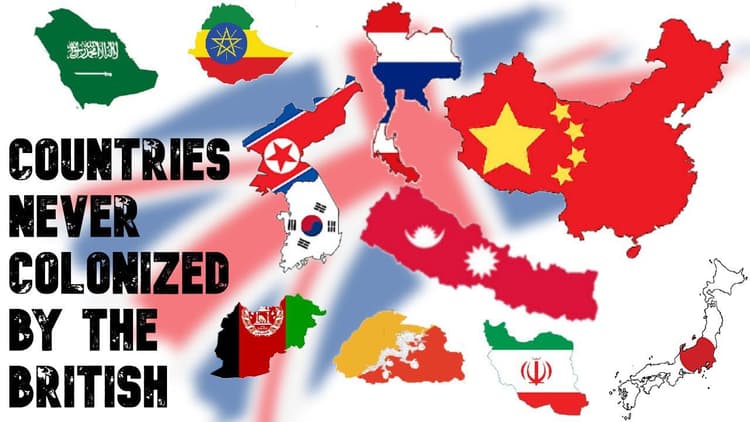By Abigail Philip David
Throughout history, European powers colonised many countries, leaving significant cultural, economic, and political legacies. However, a few nations successfully resisted colonisation, maintaining their independence through strategic diplomacy, military strength, or geographical advantages.
Here are five countries that have never been colonised and how they managed to protect their sovereignty.
1. Ethiopia
Ethiopia is one of the most prominent examples of a country that resisted colonisation. While much of Africa fell under European control, Ethiopia maintained its independence.
The most notable event was the Battle of Adwa in 1896, where Ethiopian forces, under the leadership of Emperor Menelik II, decisively defeated Italy. This victory shocked the world and solidified Ethiopia’s sovereignty. Though Italy invaded Ethiopia again in the 1930s under Mussolini’s regime, this occupation was temporary and is not classified as colonisation. Ethiopia remains a symbol of African resistance and pride.
2. Japan
Japan’s independence can be attributed to its early modernisation and strong leadership. During the 19th century, when much of Asia fell to European colonisation, Japan undertook the **Meiji Restoration** in 1868. This era saw rapid industrialisation, economic reform, and the development of a formidable military.
By adopting Western technology and governance systems, Japan became too strong for colonisers to dominate. Instead, Japan emerged as a colonial power itself, expanding its influence across Asia in the late 19th and early 20th centuries.
3. Thailand
Thailand, formerly known as Siam, is the only Southeast Asian country to avoid colonisation. Surrounded by colonised neighbours, Thailand’s leaders—particularly King Rama IV and King Rama V—used diplomacy to protect their sovereignty.
By playing Britain and France, the two dominant European powers in the region, against each other, Thailand secured its independence. Additionally, Thailand modernised its infrastructure and military, presenting itself as a capable and strategic nation.
4. Nepal
Nepal’s mountainous terrain and military resilience were key factors in avoiding colonisation. During the 19th century, when Britain expanded its empire across South Asia, Nepal successfully resisted external domination.
Although Nepal signed treaties with the British, including the Sugauli Treaty in 1815 after the Anglo-Nepalese War, these agreements allowed it to maintain its sovereignty. The bravery and fighting prowess of Nepal’s Gurkha soldiers further strengthened its defense, earning respect even from British forces.
5. Bhutan
Bhutan, a small Himalayan kingdom, managed to avoid colonisation through geographical isolation and strategic diplomacy. Its rugged, mountainous location made invasion difficult, while its policy of isolation limited foreign influence.
Bhutan maintained cordial relations with British India but never surrendered its sovereignty. By carefully managing its interactions with powerful neighbours, Bhutan preserved its independence and cultural identity.
These countries serve as remarkable examples of resilience and strategic leadership, standing firm in the face of colonial pressures that reshaped much of the world. Their histories are a testament to the power of diplomacy, unity, and strong governance.





